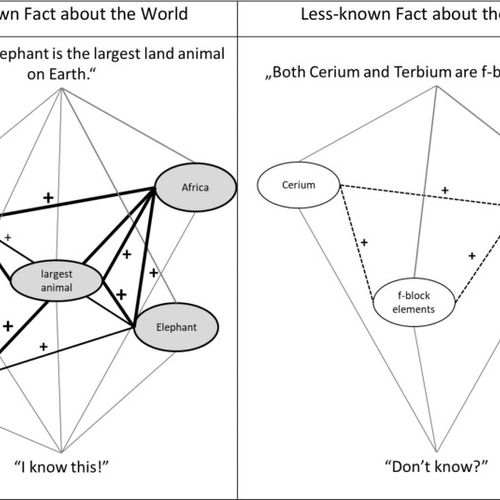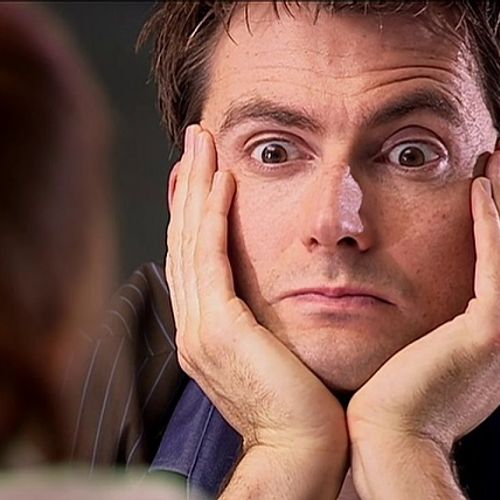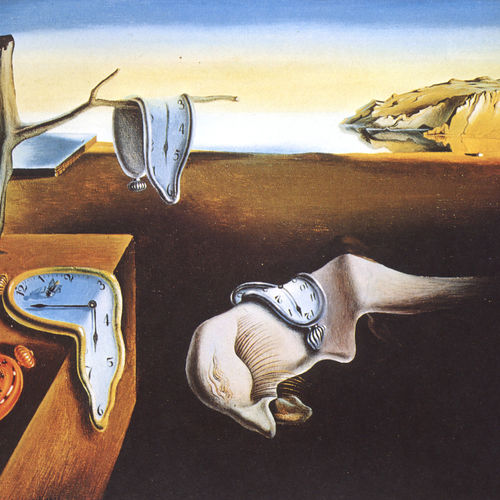
| Added | Thu, 06/10/2016 |
| Sources | |
| Феномены | |
| Version type |
False memory (memories) are plot memories of what did not happen, which become part of the ideas about yourself or about the events that happened. This is because the event being resurrected in memory is reconstructed inaccurately, may change over time, and memories may be inserted into the plot not only from personally experienced experiences, but also from books, films, and other people's stories.
False memories can appear due to interaction with others, asking leading questions, etc. In order to "remember" what did not happen, a person needs to convince himself that it did happen, for example, repeatedly repeating the same story in stories. This effect can be achieved both consciously and completely by accident. It can be a memory of any event, including the paranormal.
A fantasy that subconsciously replaced a fact in memory is called confabulation. It may be based partly on fact or it may be entirely constructed by imagination. This term is often used to describe the "memories" of people claiming to have been abducted by aliens.
This effect is also characteristic of collective memory. It's calledThe Mandela effect. The name came from a false memory of a huge number of people about the death of Nelson Mandela in prison in the 80s (although he actually died only in 2013). Thus, it is a coincidence that several people have memories (apparently formed independently) that contradict the generally accepted history. This applies not only to events from personal or family history, but situations (facts, phrases and other details) that are considered well-known (historical, geographical, astronomical, zoological, anatomical, logo, speech, architectural, artistic, etc.).
Regressive hypnosis can also contribute to the formation of false memories, where not only the person himself, but also the hypnologist can intentionally or accidentally influence memories, for example, by leading questions. This can also serve to strengthen false memories upon awakening.
It is worth remembering that any memory is a reconstruction of an event, not a direct observation of it, and the memory of the event changes depending on the accumulated knowledge, experience and current desires. New introductory information, expectations, etc. can lead to the generation of a scenario with a false memory, which the person himself will attribute to real memories of real events.
Thus, under the influence of methods of memory restoration therapy (Recovered-memory therapy or RMT), such as regressive hypnosis, guided visualization, drug therapy for memory restoration, etc., an effect called imagination inflation occurs.
Related facts
Related news
Log in or register to post comments





